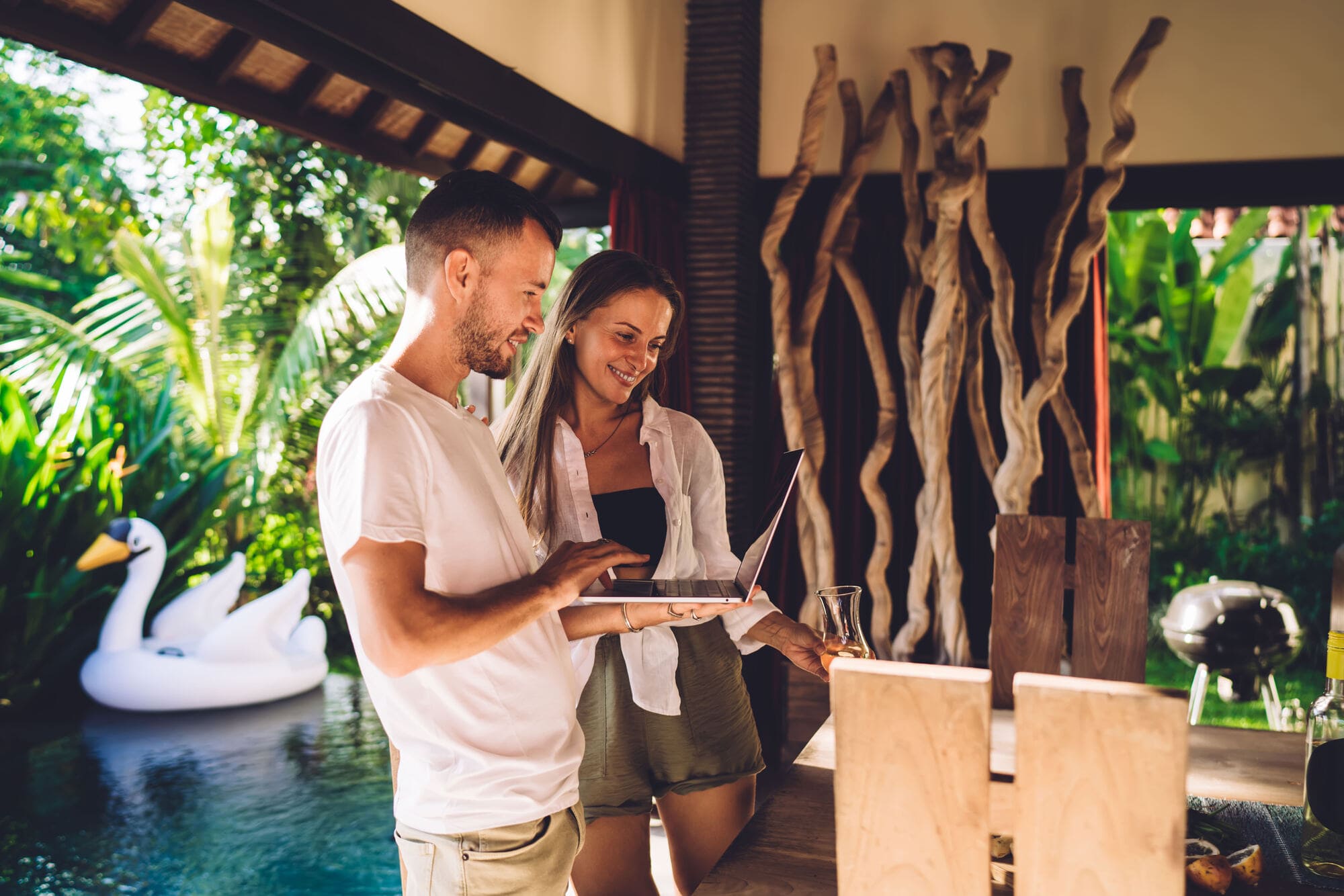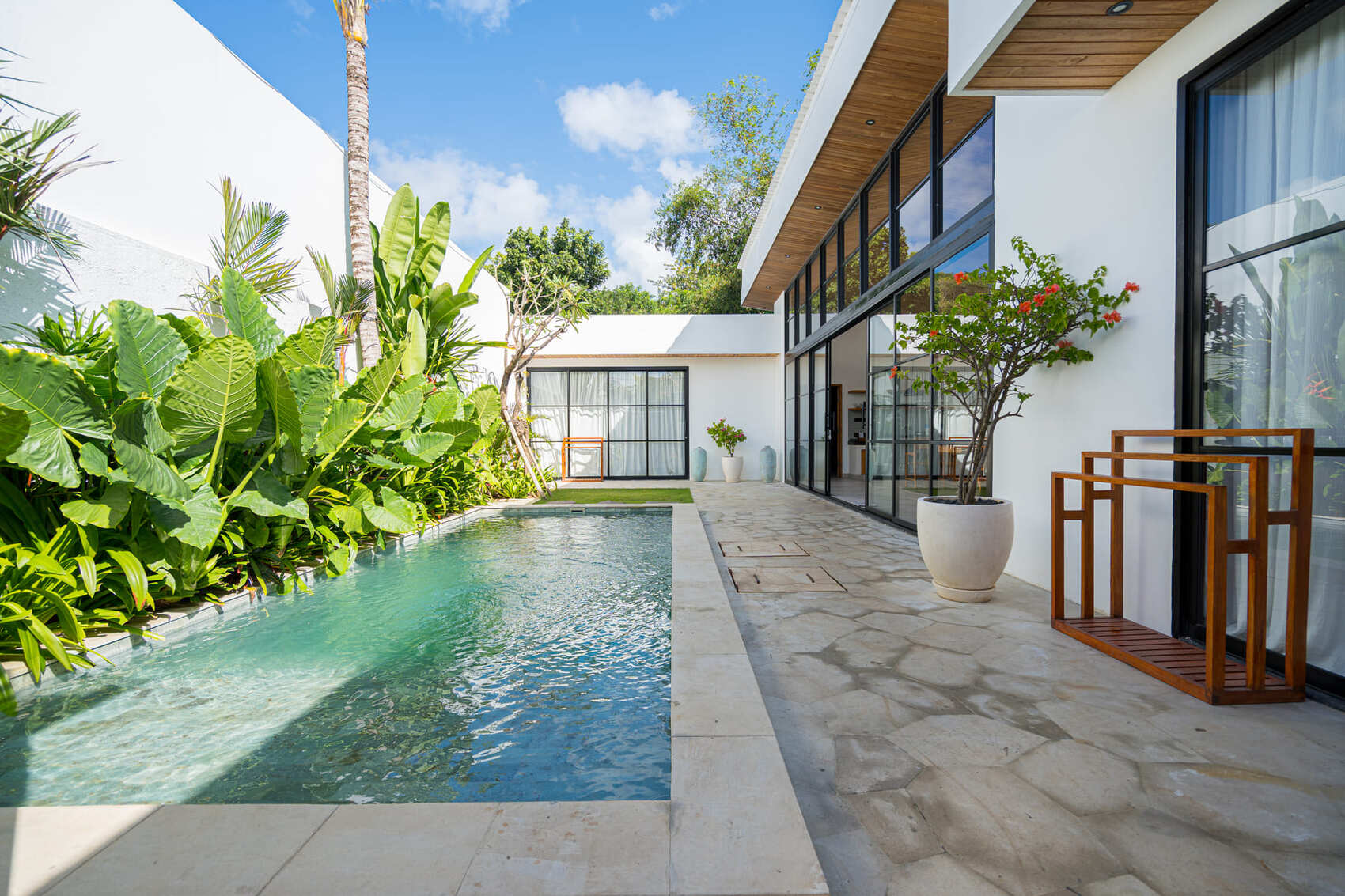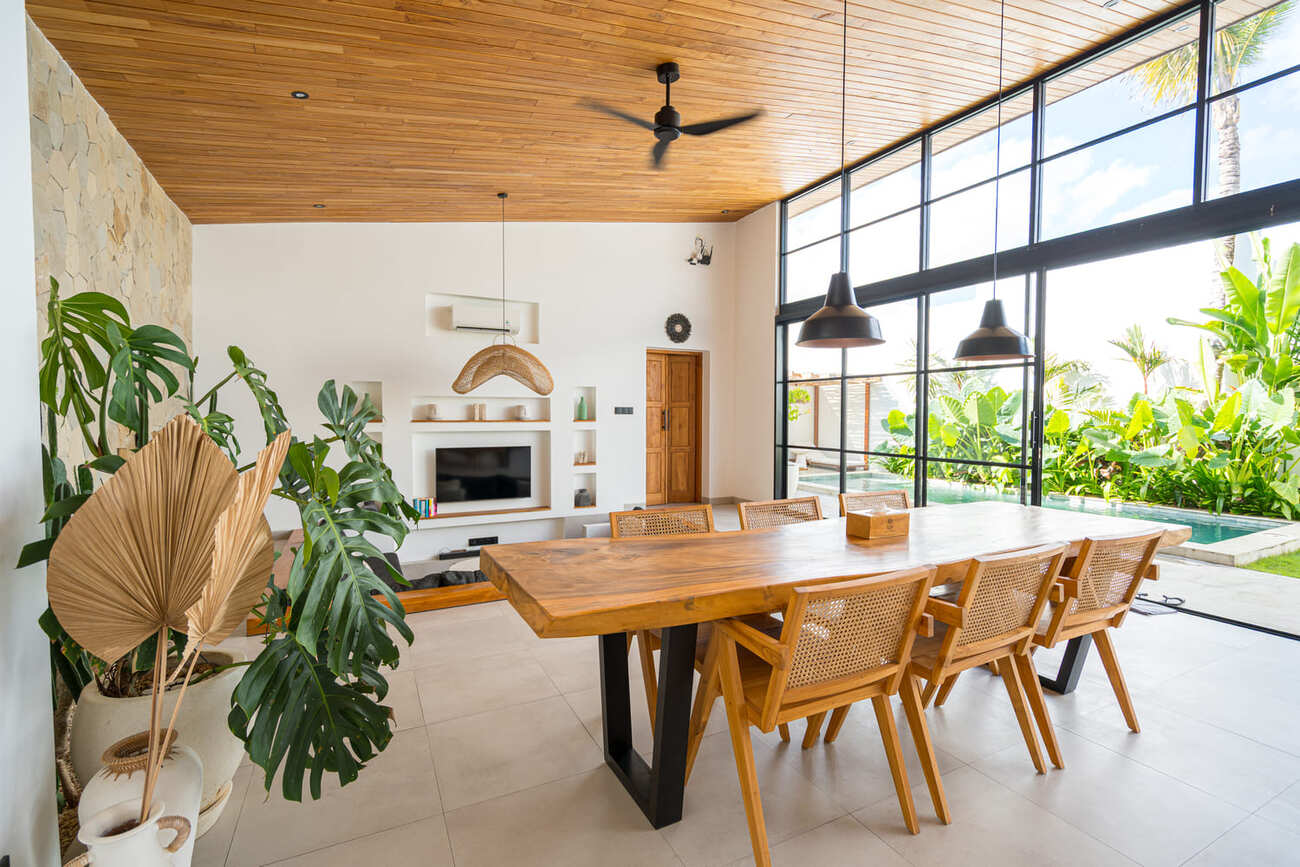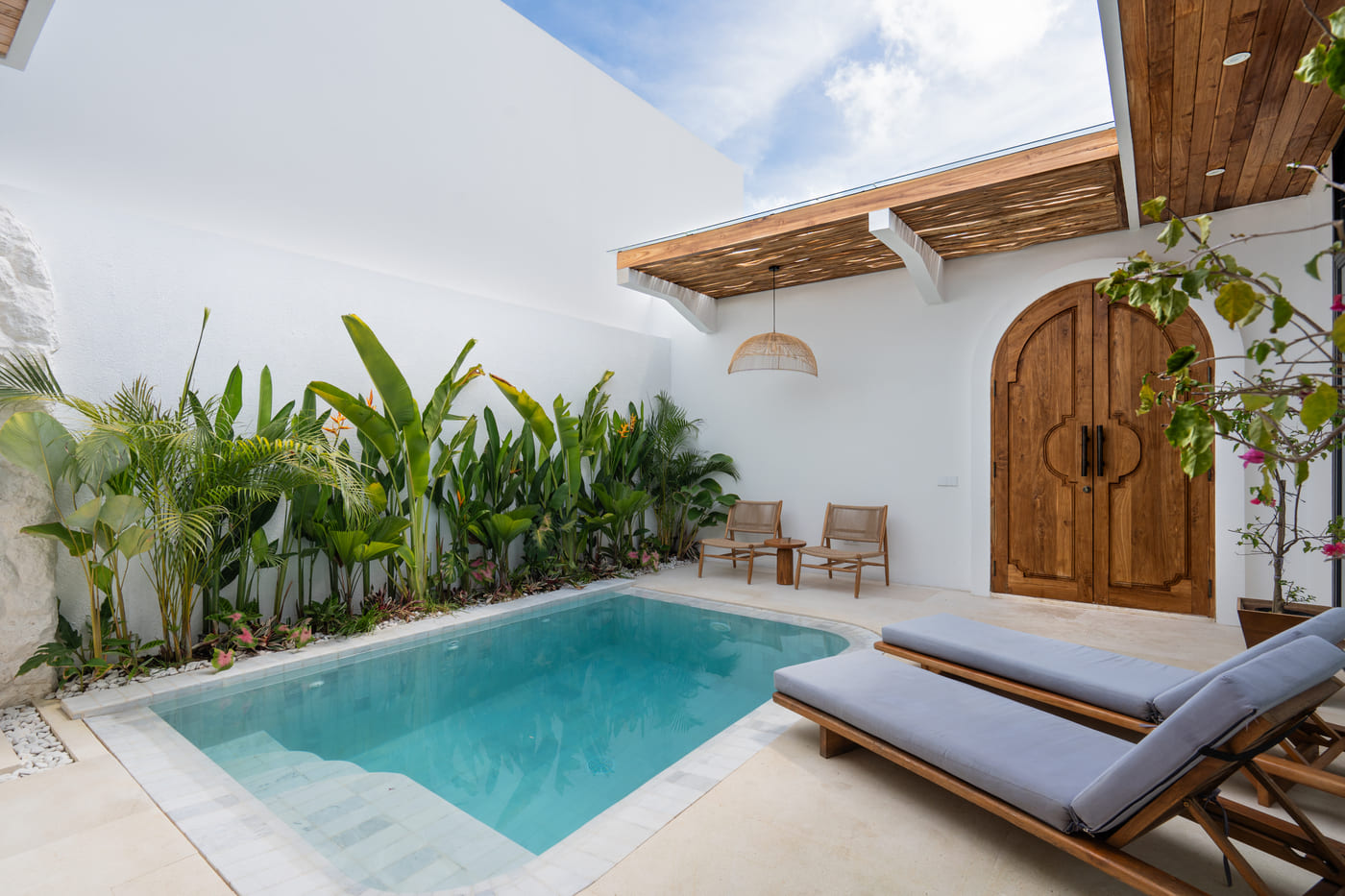
When buying property in Bali, understanding the key differences between Bali freehold and leasehold properties is essential to making a sound investment. Each type of ownership offers distinct advantages and limitations that can significantly impact your investment. Whether you're purchasing for personal use or as an investment, knowing these distinctions will help you make an informed decision that aligns with your goals and long-term plans.
A leasehold property, also known as Hak Sewa in Indonesian, is a form of ownership where an individual or entity leases land from the landowner for a predetermined period, typically ranging from 25 to 99 years. The leasehold agreement grants the lessee the right to occupy and utilize the property during the lease term, after which ownership reverts back to the landowner unless an extension is negotiated.
Leasehold properties generally require a lower initial investment compared to Bali freehold properties, making them a more accessible option for buyers entering the Bali real estate market. The lease price is typically negotiated in Indonesian Rupiah (IDR), and the overall cost tends to be lower due to the temporary nature of the ownership.
One of the benefits of leasehold ownership is the flexibility it offers. Many lease terms include renewal clauses, allowing investors to extend their lease beyond the initial period. However, it’s essential to negotiate renewal terms upfront to avoid potential complications later.
For foreign investors, leasehold properties in Bali present a practical solution, as Indonesian law restricts direct foreign ownership of freehold land. Leasehold agreements provide a legal and straightforward way for non-Indonesian buyers to invest in real estate in Bali, making this a popular option among international investors.
While leasehold properties offer various advantages, there are some key drawbacks to consider:

A freehold property, or Hak Milik, grants the owner full and indefinite ownership of both the land and any structures built on it. This type of ownership is highly sought-after due to its permanence and security, allowing owners to use, sell, or transfer the property at their discretion.
Freehold properties require a higher initial capital investment compared to leasehold properties. The cost is often significantly greater due to the permanent ownership rights and the high demand for freehold properties in Bali. Prices for freehold properties are generally quoted in Indonesian Rupiah (IDR), reflecting their long-term value.
Under Indonesian law, freehold ownership is reserved for Indonesian citizens. Foreign investors cannot directly own freehold land, but they can explore alternative legal structures, such as:
One of the biggest advantages of freehold properties is their long-term value appreciation. Due to the permanence of ownership, freehold properties tend to increase in value, making them a stable, high-return investment. In contrast to leasehold properties, freehold properties generally maintain strong resale potential, attracting both local and international buyers.
For those looking to establish a long-term presence in Bali, freehold properties offer stability and the ability to pass ownership down to future generations. This makes them an attractive option for investors seeking a lasting legacy.
Looking for long-term ownership in Bali? Explore our curated selection of Freehold Bali villas for sale in the island’s most desirable locations.

Choosing between a leasehold or freehold property in Bali depends on your financial goals, lifestyle preferences, and long-term plans.
Before buying property in Bali, it’s essential to consider the legal framework, financial implications, and long-term investment potential.
For a deeper dive into the legal aspects of buying property in Bali, check out our detailed guide: Buying Property in Bali as a Foreigner in 5 Easy Steps. This blog breaks down the process, from understanding leasehold agreements to securing a legally sound investment, ensuring you make informed decisions in the Bali real estate market. By fully understanding the differences between leasehold and freehold properties, you can confidently navigate the Bali real estate market and find the perfect property that fits your needs.
Whether you're looking for an affordable entry into the market through leasehold or long-term ownership security with freehold, understanding the legal and financial landscape is essential to making the right investment.
For foreign investors, leasehold properties offer a straightforward and legal way to own property in Bali—ideal for generating rental income or establishing a second home. Freehold properties provide long-term stability, capital appreciation, and legacy potential, though they come with specific restrictions for non-Indonesians.
The best option depends on your goals, budget, and investment timeline. Having expert support helps ensure your decision is informed, secure, and aligned with your objectives.
At Yolla Realty, we specialize in helping investors, homeowners, and expatriates navigate Bali’s real estate market with exclusive listings and deep legal insight. If you're considering buying property in Bali, our team is here to guide you every step of the way.

Ready to explore Bali freehold villas or secure a leasehold investment that fits your goals? Browse our Bali villas for sale, or contact Yolla Realty to speak with our team of Bali property experts today.
Our legal and investment team will walk you through everything—from setting up a PT PMA and navigating Hak Pakai to handling due diligence and zoning approvals—so your purchase is not just safe, but also future-proof.
Reach out today, and let’s build your Bali investment portfolio.